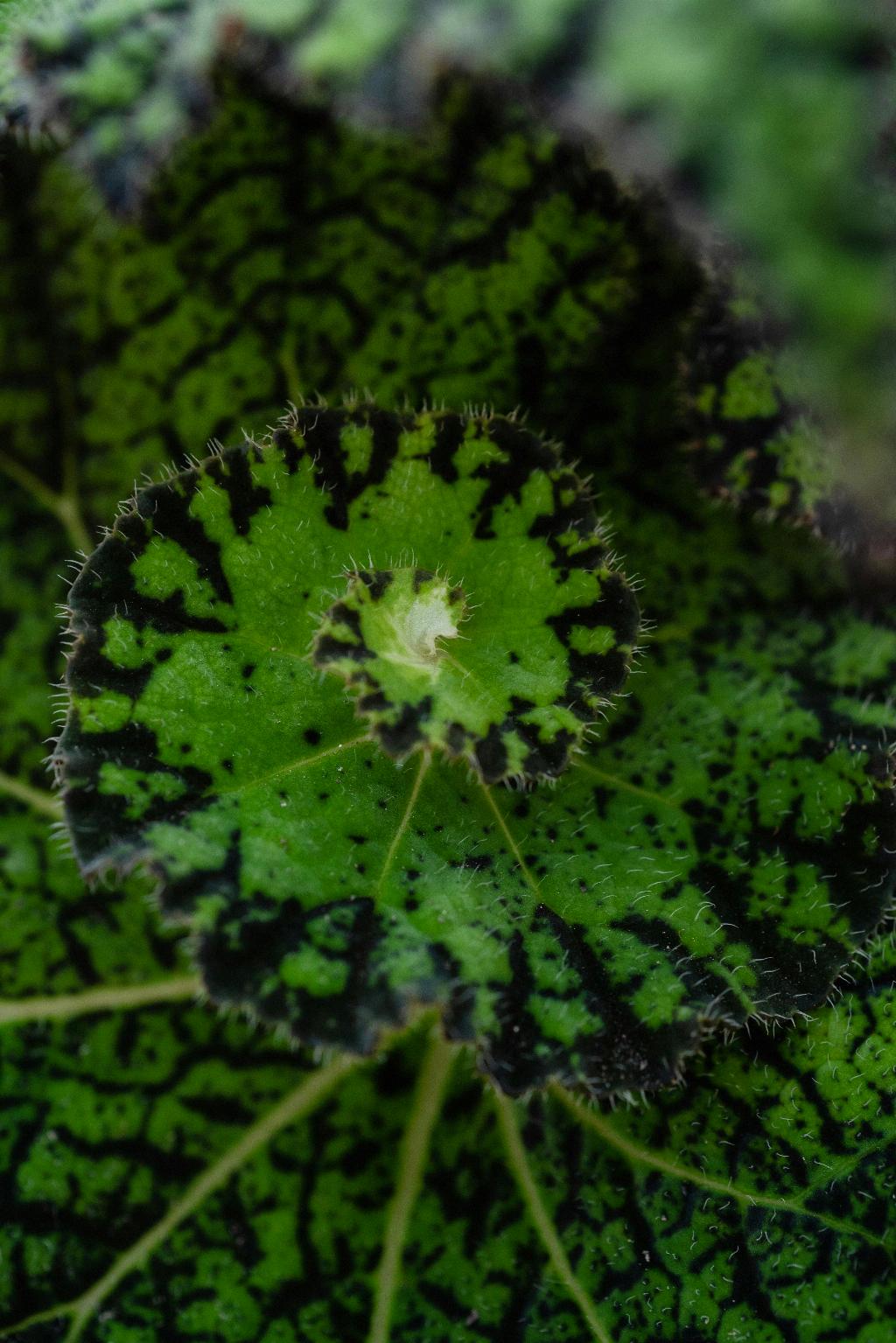When your begonias are struggling and showing signs of decline, it can be distressing as a plant parent. However, understanding the possible reasons behind their deterioration is crucial in reviving them back to health.
Overwatering and Drainage Issues
If you notice that the stems of your begonias are rotting or becoming mushy, the culprit may very well be overwatering and inadequate drainage. Excess moisture around the roots can lead to root and stem rot, causing the plant to wilt and eventually break off at the stem.
Root and Stem Rot
Root and stem rot are often triggered by a bacteria that flourishes in excessively damp conditions. The presence of this bacteria can escalate the decay of the plant’s essential structures, hindering its ability to uptake nutrients and water effectively.
Insufficient Light
Begonias thrive in bright, indirect light. If your begonias are not receiving adequate sunlight, they may begin to exhibit symptoms of weakness and decline. Insufficient light can weaken the plant’s vitality and make it more susceptible to diseases and environmental stressors.
Improper Temperature
Begonias prefer moderate temperatures between 65-75°F (18-24°C). Exposure to extreme cold or heat can shock the plant and impede its physiological functions. Fluctuations in temperature can also disrupt the plant’s growth and lead to its deterioration.
Pest Infestation
Common pests such as spider mites, aphids, and mealybugs can wreak havoc on begonias if left unchecked. These tiny invaders can sap the plant’s nutrients, weaken its defenses, and ultimately contribute to its decline. Regular inspection and treatment are essential to combat pest infestations effectively.
Nutritional Deficiencies
Inadequate levels of essential nutrients, such as nitrogen, phosphorus, and potassium, can hamper the growth and development of begonias. A lack of proper nutrition can manifest as stunted growth, yellowing leaves, and overall poor plant health. Fertilizing the plant appropriately can help address these deficiencies.
Incorrect Soil pH
Begonias thrive in well-draining, slightly acidic soil with a pH range of 5.5-6.5. If the soil pH is not optimal for the plant, it can impede nutrient uptake and affect the overall health of the begonia. Testing and adjusting the soil pH can help create a conducive environment for the plant to thrive.
Improper Humidity Levels
Begonias prefer moderate to high humidity levels to flourish. Low humidity can lead to drying out of the plant’s delicate foliage, while excessive humidity can promote fungal infections and other diseases. Maintaining the right balance of moisture in the air is essential for the well-being of begonias.
Physical Damage
Avoiding physical damage to begonias is crucial in preserving their health and vitality. Rough handling, accidental breakage, or exposure to harsh environmental conditions can all contribute to the plant’s decline. Gentle care and mindful placement can help prevent unnecessary harm.
Corrective Measures
To address the issue of dying begonias, it is essential to assess the plant’s environment, watering practices, light exposure, and overall health. Implementing corrective measures such as adjusting watering frequency, providing adequate light, repotting in well-draining soil, and addressing pest infestations can help rejuvenate the plant and promote its recovery.
Cultivating Healthy Begonias
By attending to the specific needs of begonias and creating an optimal growing environment, you can ensure the health and vitality of your beloved plants. Regular monitoring, timely interventions, and tender care are key to cultivating thriving begonias that will bring beauty and joy to your living space.

